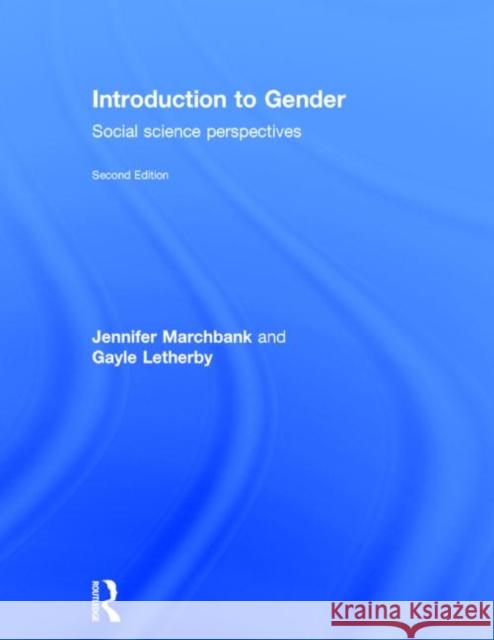Introduction to Gender: Social Science Perspectives » książka
topmenu
Introduction to Gender: Social Science Perspectives
ISBN-13: 9780415733885 / Angielski / Twarda / 2014 / 424 str.
Introduction to Gender: Social Science Perspectives
ISBN-13: 9780415733885 / Angielski / Twarda / 2014 / 424 str.
cena 975,56
(netto: 929,10 VAT: 5%)
Najniższa cena z 30 dni: 906,73
(netto: 929,10 VAT: 5%)
Najniższa cena z 30 dni: 906,73
Termin realizacji zamówienia:
ok. 16-18 dni roboczych.
ok. 16-18 dni roboczych.
Darmowa dostawa!
Kategorie:
Kategorie BISAC:
Wydawca:
Routledge
Język:
Angielski
ISBN-13:
9780415733885
Rok wydania:
2014
Wydanie:
Revised
Ilość stron:
424
Oprawa:
Twarda
Wolumenów:
01
Dodatkowe informacje:
Bibliografia
Wydanie ilustrowane
Wydanie ilustrowane











